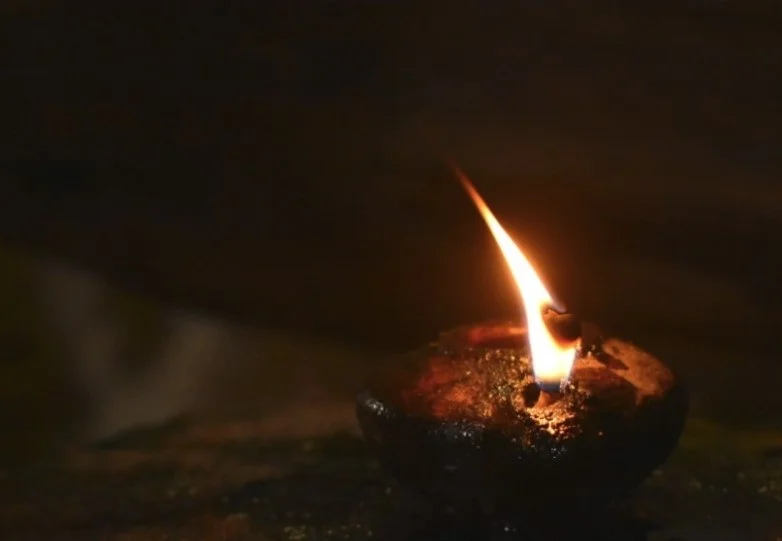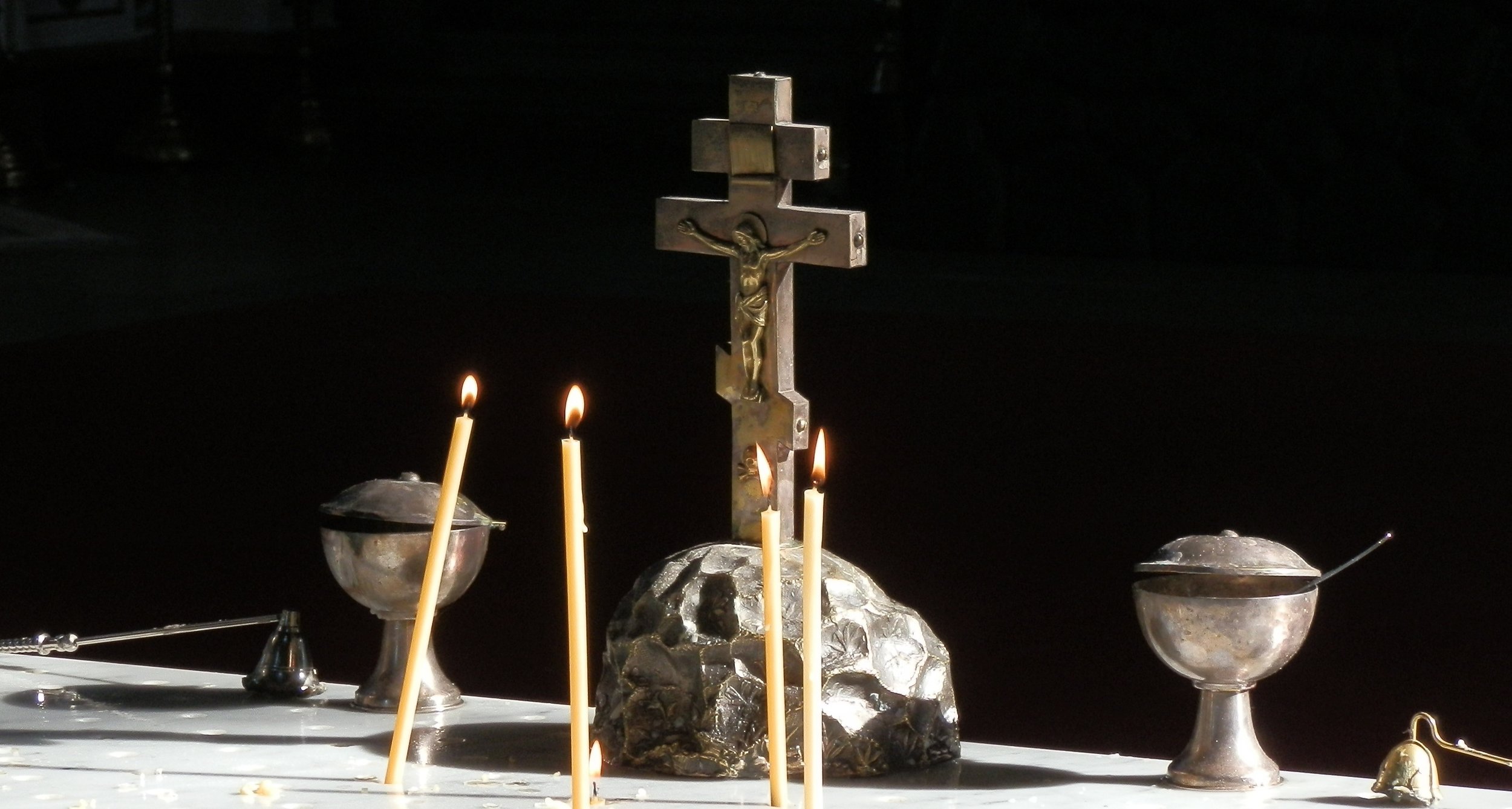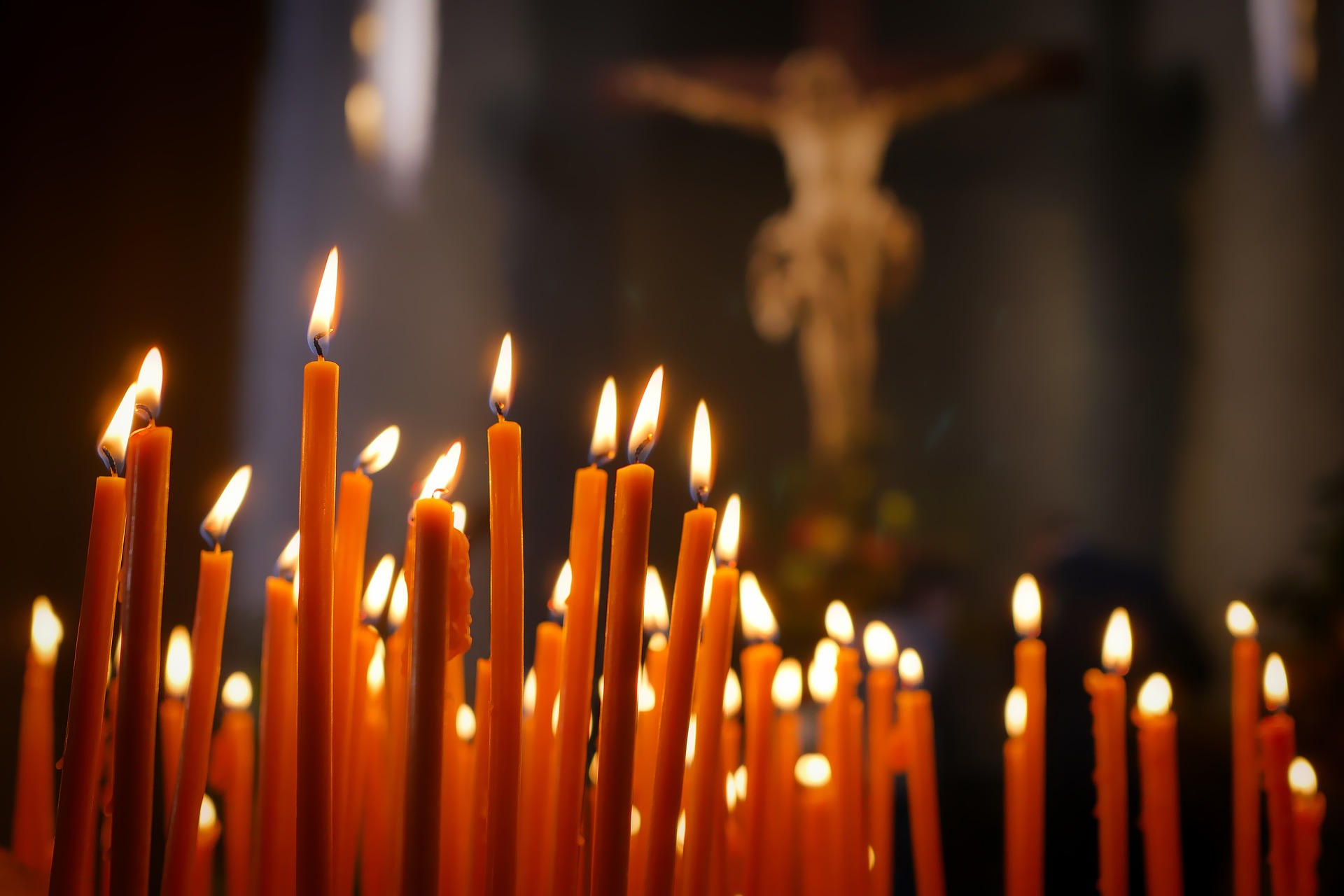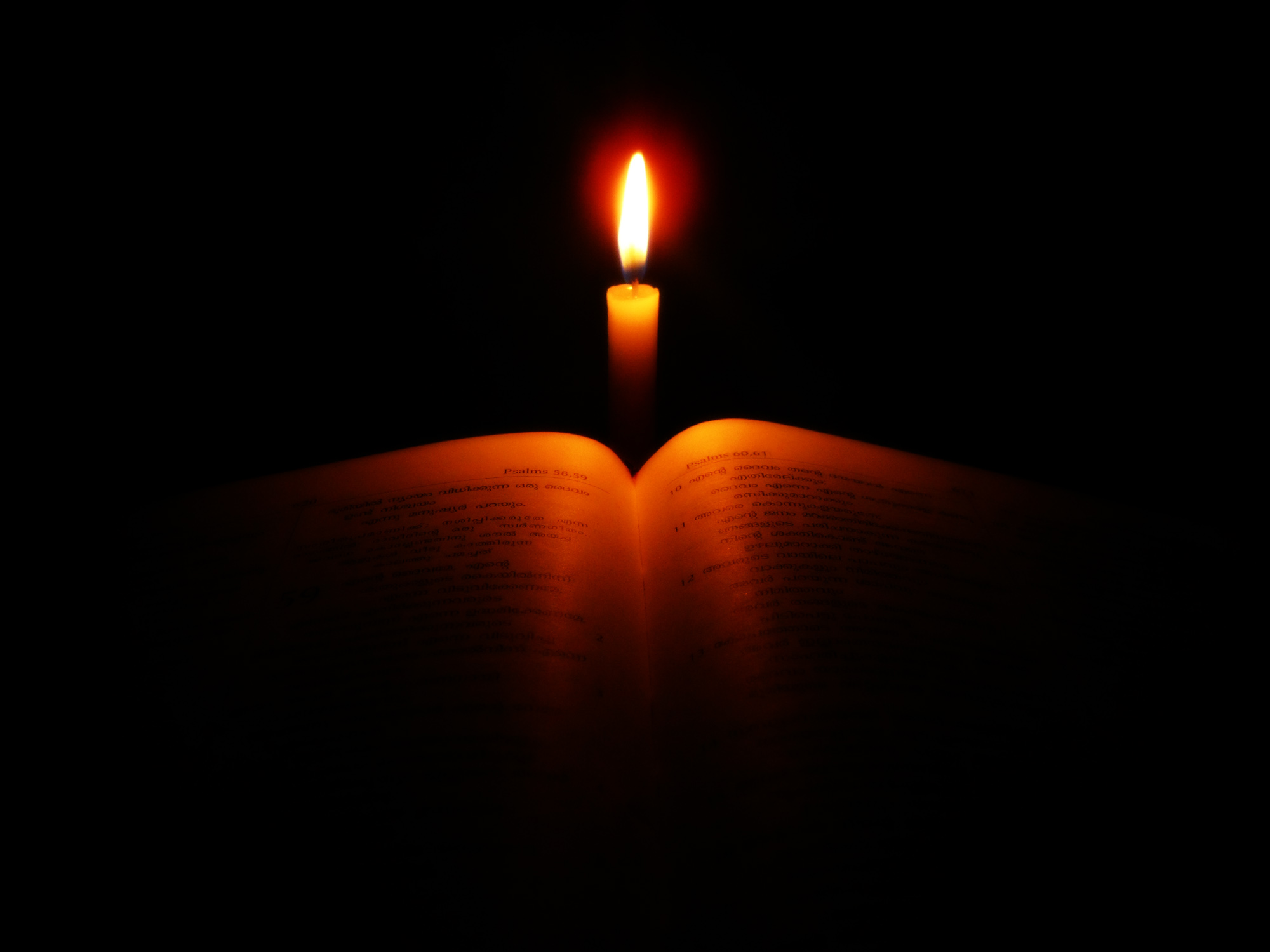Healing Atonement
Hilary of Poitiers (c.310 - c.367 AD)
An old clay oil lamp from Nazareth, Israel. Photo credit: Olivia Armstrong.
The Writings of Hilary of Poitiers
Hilary of Poitiers, On the Trinity, book 1, paragraph 13 says,
"Beware lest any man spoil you through philosophy and vain deceit, after the tradition of men, after the rudiments of the word, and not after Christ; for in Him dwells all the fullness of the Godhead bodily, and you are made full in Him, Which is the Head of all principality and power; in Whom you were also circumcised with a circumcision not made with hands, in putting off the body, of the flesh, but with the circumcision of Christ; buried with Him in Baptism, wherein also you have risen again through faith in the working of God, Who raised Him from the dead. And you, when you were dead in sins and in the uncircumcision of your flesh, He has quickened with Him, having forgiven you all your sins, blotting out the bond which was against us by its ordinances, which was contrary to us; and He has taken it out of the way, nailing it to the Cross; and having put off the flesh He made a show of powers openly, triumphing over them through confidence in Himself. [Colossians 2:8-15]... My soul judged of Him as One Who, drawing us upward to partake of His own Divine nature... For He took upon Him the flesh in which we have sinned that by wearing our flesh He might forgive sins; a flesh which He shares with us by wearing it, not by sinning in it. He blotted out through death the sentence of death, that by a new creation of our race in Himself He might sweep away the penalty appointed by the former Law. He let them nail Him to the cross that He might nail to the curse of the cross and abolish all the curses to which the world is condemned. He suffered as man to the utmost that He might put powers to shame."
Sources of Atonement Theology
These resources explore the foundation of “Medical Substitution” as the best understanding of the Bible, and the original understanding of the church. There are also links to books, web articles, etc. from representatives of the three broad Christian traditions.





